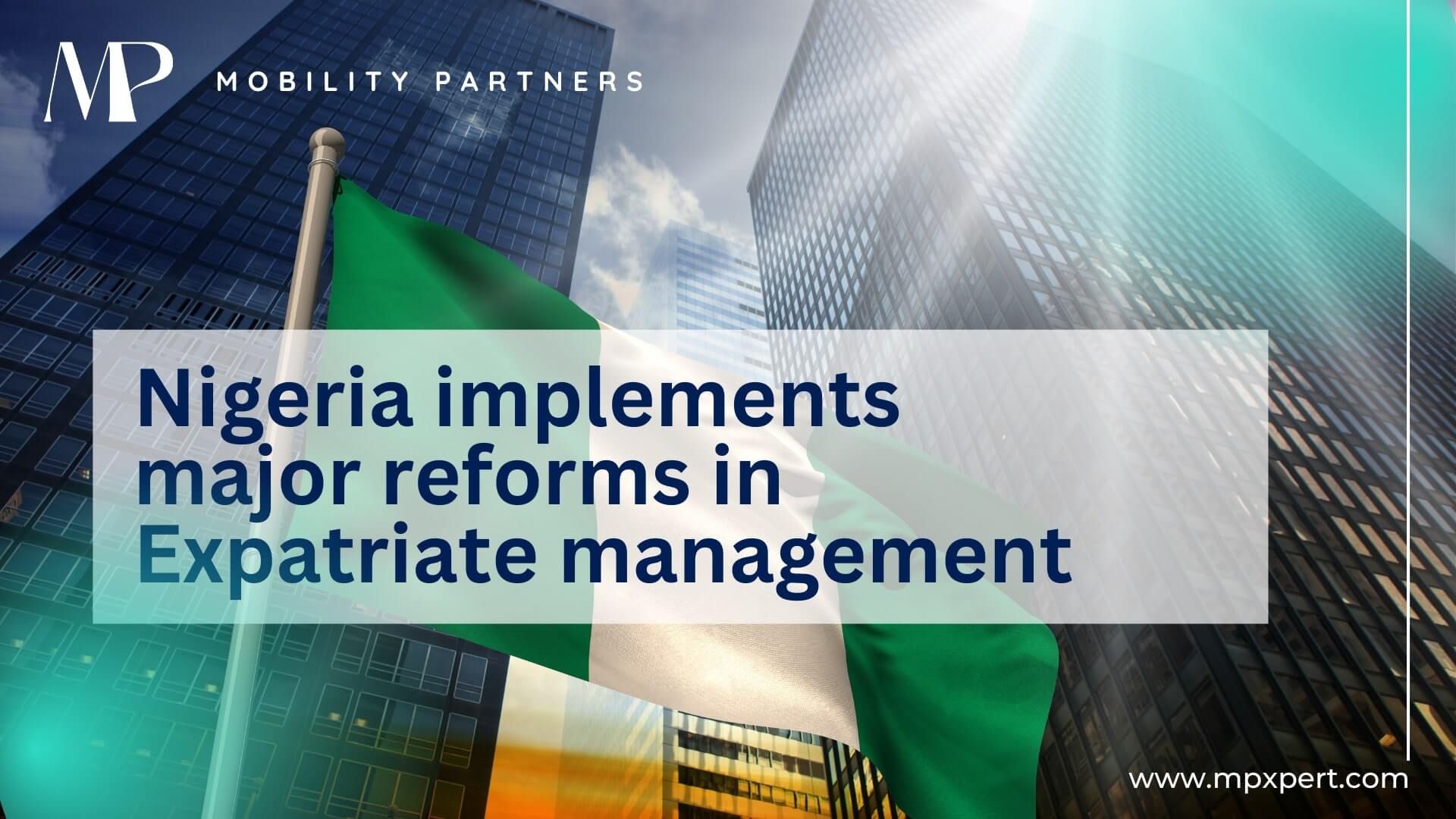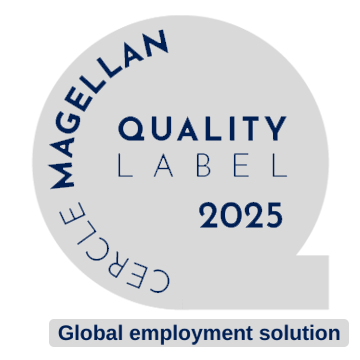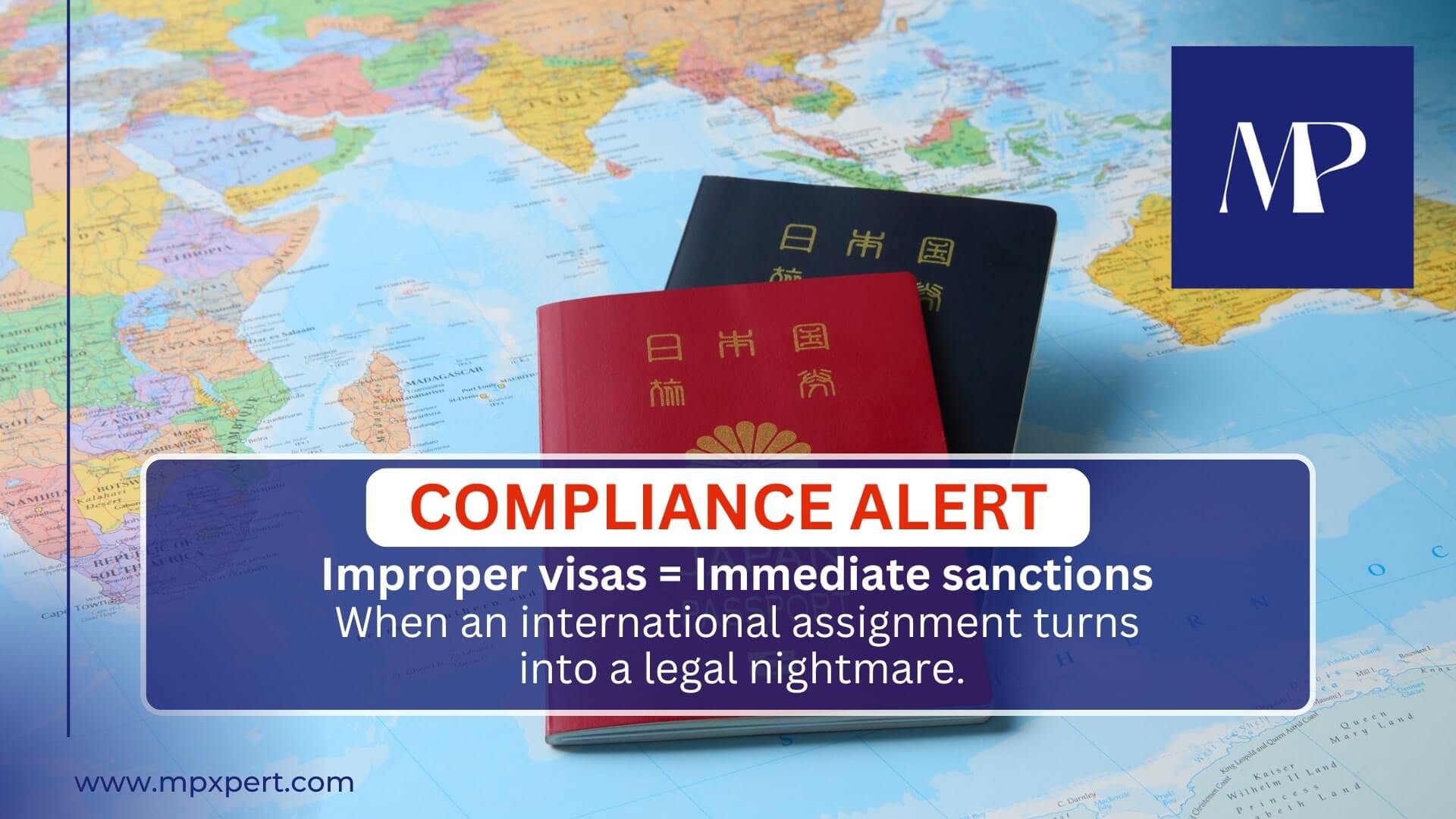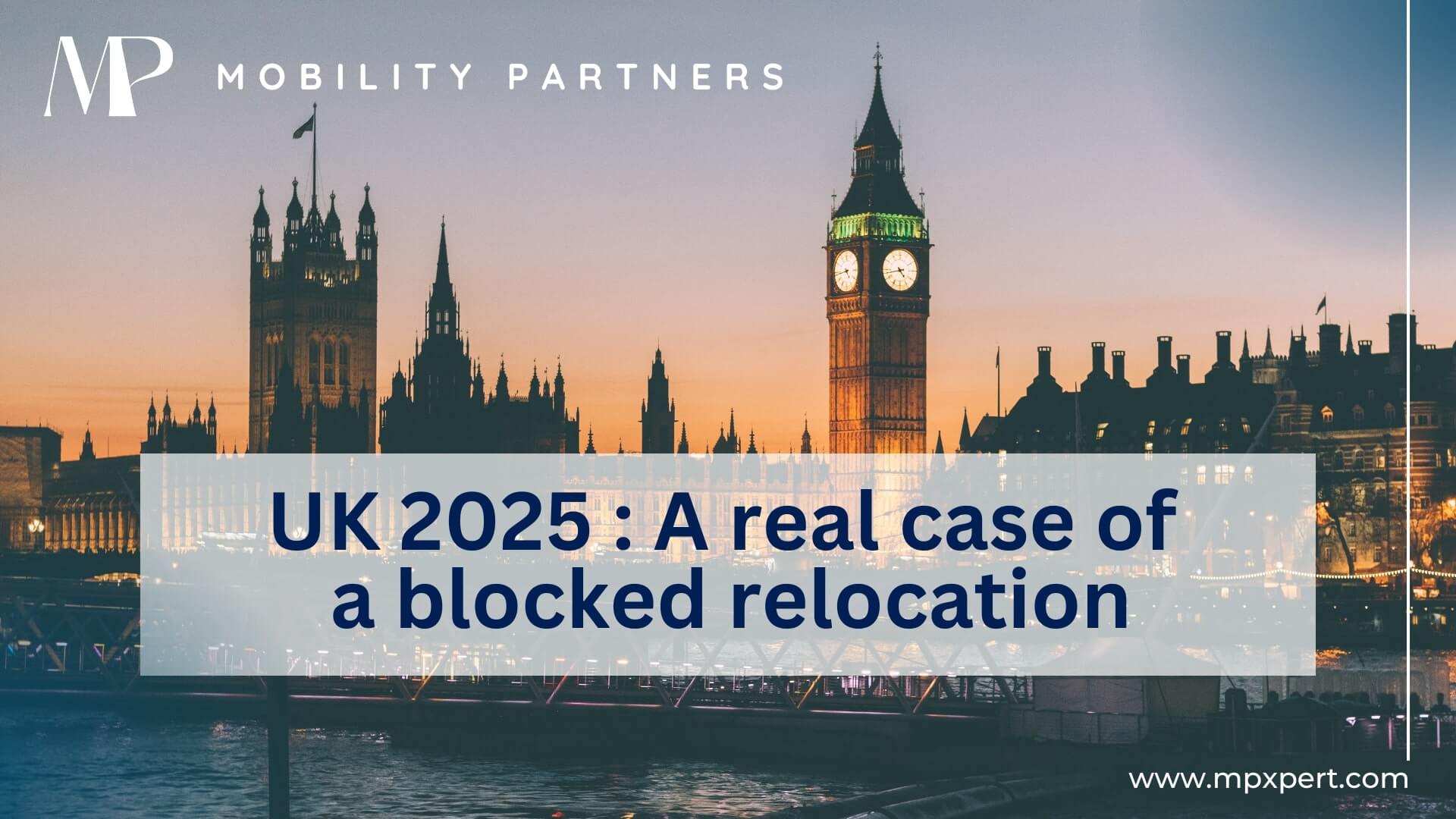Denounce with righteous indignation and dislike men who are beguiled and demoralized by the charms pleasure moment so blinded desire that they cannot foresee the pain and trouble.
Read More🌍 Essential work permit updates for 2025: what you need to know!

🇳🇬 Nigeria Implements Major Reforms in Expatriate Management 🇳🇬
From May 1, 2025, Nigeria will introduce comprehensive changes to its expatriate administration and visa systems. These reforms aim to enhance transparency, efficiency, and compliance, making it easier for businesses and expatriates to operate seamlessly within the country.
Here’s what you need to know about the key changes:
1️⃣ Digitalisation of Expatriate Quota Applications
– Employers must now use the Expatriate Quota Administration Portal (EQAP) for new and renewal applications.
– Required documents include incorporation certificates, tax clearance, and organisational charts.
– This shift promises to streamline bureaucratic processes and reduce delays.
2️⃣ Transition to a Fully Electronic Visa System
– The traditional visa-on-arrival system will be replaced by an e-Visa platform.
– Applications can now be completed online, with decisions delivered in just 48 hours.
3️⃣ Stricter Compliance Enforcement
– From August 1, 2025, a nationwide compliance campaign will target expatriates without proper documentation.
– A three-month grace period (May 1–July 31) allows businesses and individuals to regularise their status.
4️⃣ Mandatory Repatriation Insurance
– Expatriates must now hold Personal Liability Insurance to cover potential deportation costs.
– Annual premiums will range from $500 to $1,000 depending on the stay duration.
5️⃣ Higher Fees for Business Permits and Quotas
– The Ministry of Interior will adjust application fees to fund inspections and ensure improved administrative oversight. Details to follow.
What This Means for Businesses and Expatriates
These reforms are a pivotal step towards modernising Nigeria’s immigration systems. However, they also demand proactive engagement from businesses and expatriates to ensure full compliance with new regulations.
📌 Companies should familiarise themselves with the required digital platforms and updated processes.







